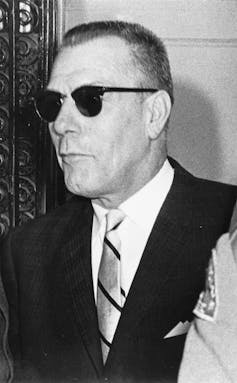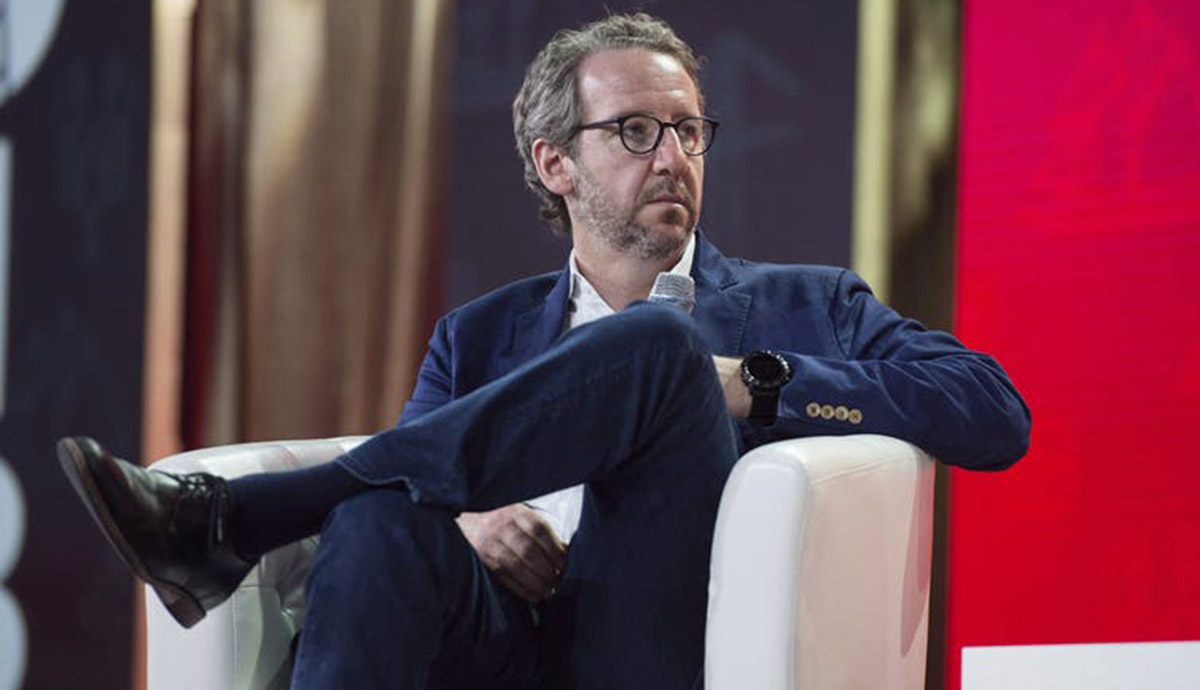February 22, 2019
The SNC-Lavalin scandal and the politics of prosecution
Canada’s SNC-Lavalin controversy raises fundamental questions about the intersection between politics and prosecution.
The ongoing controversy regarding the prosecution of Canadian engineering company SNC-Lavalin raises fundamental questions about how decisions to prosecute are made and what role elected politicians should have in that process.
The scandal has resulted in the resignation of Prime Minister Justin Trudeau’s principal secretary, Gerald Butts, amid allegations the Prime Minister’s Office pressured its former attorney general, Jody Wilson-Raybould, to resolve criminal charges against SNC-Lavalin by a deferred prosecution agreement.
My research investigates how accountability, transparency and control of prosecutorial discretion can be structured, an interest inspired by my work as a former prosecutor in British Columbia. In relation to political control over individual decisions, my findings suggest that the risks of partisan political influence on the process are significant.
In Canada, even if there is sufficient evidence to proceed, prosecution must be in the public interest. This test is highly discretionary and depends on the facts of the case.
Looking at publicly available policies from jurisdictions throughout England, Canada and Australia, I found three categories of factors that influence the decision to prosecute: the seriousness of the offence, the expected results of the prosecution (the sentence, for example) and the effects of the prosecution itself (harm to a vulnerable victim, for example).
Assessing the impact
The decision may involve issues of broad public policy or specialized government knowledge, such as an impact on foreign relations or, in the SNC-Lavalin case, the effects of prosecuting a large company that employs thousands of people.

The Supreme Court of Canada has recognised it would be unconstitutional for the partisan interests of a political party to determine who is or isn’t prosecuted for an alleged crime.
The dangers of partisan political influence is that, simply put, the allies of a political party may be shielded from prosecution and their enemies may be subject to it.
This risk materialized in Canada most notoriously in 1964 during what was known as the Rivard affair.
Lucien Rivard faced extradition to the United States on charges of drug trafficking. Senior ministerial officials in Lester B. Pearson’s government pressured counsel for the U.S. to agree to Rivard’s release on bail, including an offered bribe of $20,000. The attorney general of Canada, Guy Favreau, resigned following an inquiry that criticized his decision not to prosecute any of the officials involved.
The Shawcross Doctrine
By their nature, decisions on whether to proceed with a prosecution involve allegations that are not tested in court, nor is the full record available for public review. So how can the public be confident that partisan political interests do not affect the decision?
The Shawcross Doctrine is a statement in the House of Lords in 1951 by Hartley Shawcross, the attorney general of England at the time. It asserts that the decision to prosecute is that of the attorney general alone.
The doctrine recognizes, however, that the process of determining if a prosecution is in the public interest cannot always be made by the prosecutor in isolation. But Shawcross emphasized that the attorney general should control that process:
“In order to inform himself, he may, although I do not think he is obliged to, consult with any of his colleagues in the government …. the assistance of his colleagues is confined to informing him of particular considerations which might affect his own decision, and does not consist and must not consist, in telling him what the decision ought to be. The responsibility for the eventual decision rests upon the Attorney-General, and he is not to be put, and is not put, under pressure by his colleagues in the matter.”
The Shawcross Doctrine has been widely accepted throughout English common-law countries. However, it cannot be compared to law, either legislation or case law. Rather, it’s a description of the understandings and practice that a constitutional convention flows from.
There are differences between the position of England’s attorney general in the 1950s and in Canada today. That includes the Canadian attorney general’s position in the cabinet and the introduction of a federal Director of Public Prosecutions, whose office handles most prosecutorial decisions. But the attorney general retains the power to issue directions.
Prosecution & politics: What’s the practice?
Surprisingly few cases explore the intersection between politics and prosecution.
Notable exceptions include the Campbell affair of 1924 (which may have contributed to the fall of England’s labour government), the 1977 resignation of Australian attorney general Bob Ellicott (who cited attempts by the government to control his discretion) and the 2007 termination of an investigation into the conduct of BAE Systems Plc, a weapons manufacturer, by the U.K.‘s Serious Fraud Office on the grounds that proceeding could damage the country’s national security interests.
Each of these cases has been studied by scholars (see the work of professors John Edwards and Philip Stenning in particular) for what they can tell us about practice at a particular time and place. But the list of cases that reach the public in full detail is a short one.
The controversy surrounding the SNC-Lavalin prosecution is in its early days and hopefully more information will emerge.
But scrutiny of the relationship between politics and prosecution is critical because practice, not doctrines, is the foundation of prosecutorial independence from partisan politics. With that independence rests the integrity of the entire justice system.![]()
Victoria Colvin, Lecturer in Law, University of Wollongong
This article is republished from The Conversation under a Creative Commons license.
Main photo: Gerald Butts, principal secretary to Prime Minister Justin Trudeau, is seen on April 20, 2018. Butts resigned amid allegations that the Prime Minister’s Office interfered to prevent a criminal prosecution of SNC-Lavalin. Picture:THE CANADIAN PRESS/Darren Calabrese
UOW academics exercise academic freedom by providing expert commentary, opinion and analysis on a range of ongoing social issues and current affairs. This expert commentary reflects the views of those individual academics and does not necessarily reflect the views or policy positions of the University of Wollongong.
